
2017-Present
Prescribed Fire Training Exchanges (TREX) are experiential trainings that provide much needed opportunities to work on prescribed fire skills and qualifications, while building expertise and experience, ultimately developing workforce capacity to implement more safe and effective prescribed fire.
While there is a heavy emphasis on training and learning, at its core, TREX holds the premise of solving problems and shifting culture by bringing people and partners together around fire. TREX provides a platform to convene partners around a common goal that leads to better community engagement and discussion, the development of local ownership and leadership in prescribed fire, and the identification of barriers. Ultimately, TREX creates more opportunities for burning for all and changes our relationship with fire.
The first TREX in Washington was held in 2017 in cooperation with the Washington Prescribed Fire Council, Chumstick Wildfire Stewardship Coalition, and US Forest Service as part of the Chelan Pilot Project.
WRCD has been leading the planning and implementation of yearly TREX training events since, convening project partners, facilitating the planning process, supporting outreach and engagement, and ensuring a successful training that integrates local community priorities. WRCD also provides leadership and mentorship to organizations that are planning their own TREXs, both in Washington and across the country.
Stay tuned for information on fall 2024 TREX opportunities in Washington!
Learn more about the TREX Program and upcoming TREX events across the country.
Since 2017, there have been ten TREXs in Washington supported by WRCD. Of these, nine have been planned and lead by WRCD.
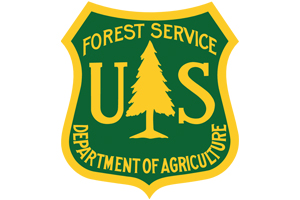
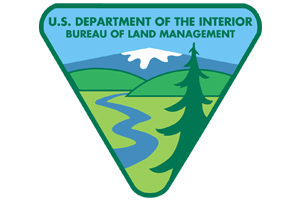
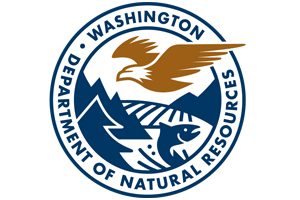
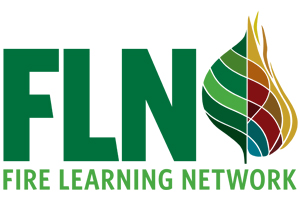
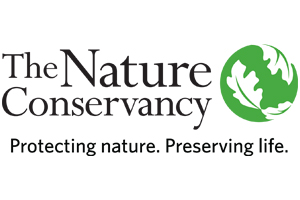

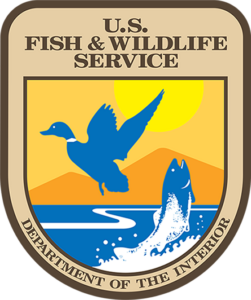
The Washington Resource Conservation and Development Council is a non-exempt IRS section 501(c)(3) charitable organization.
109 South 3rd Street • Yakima, WA 98901